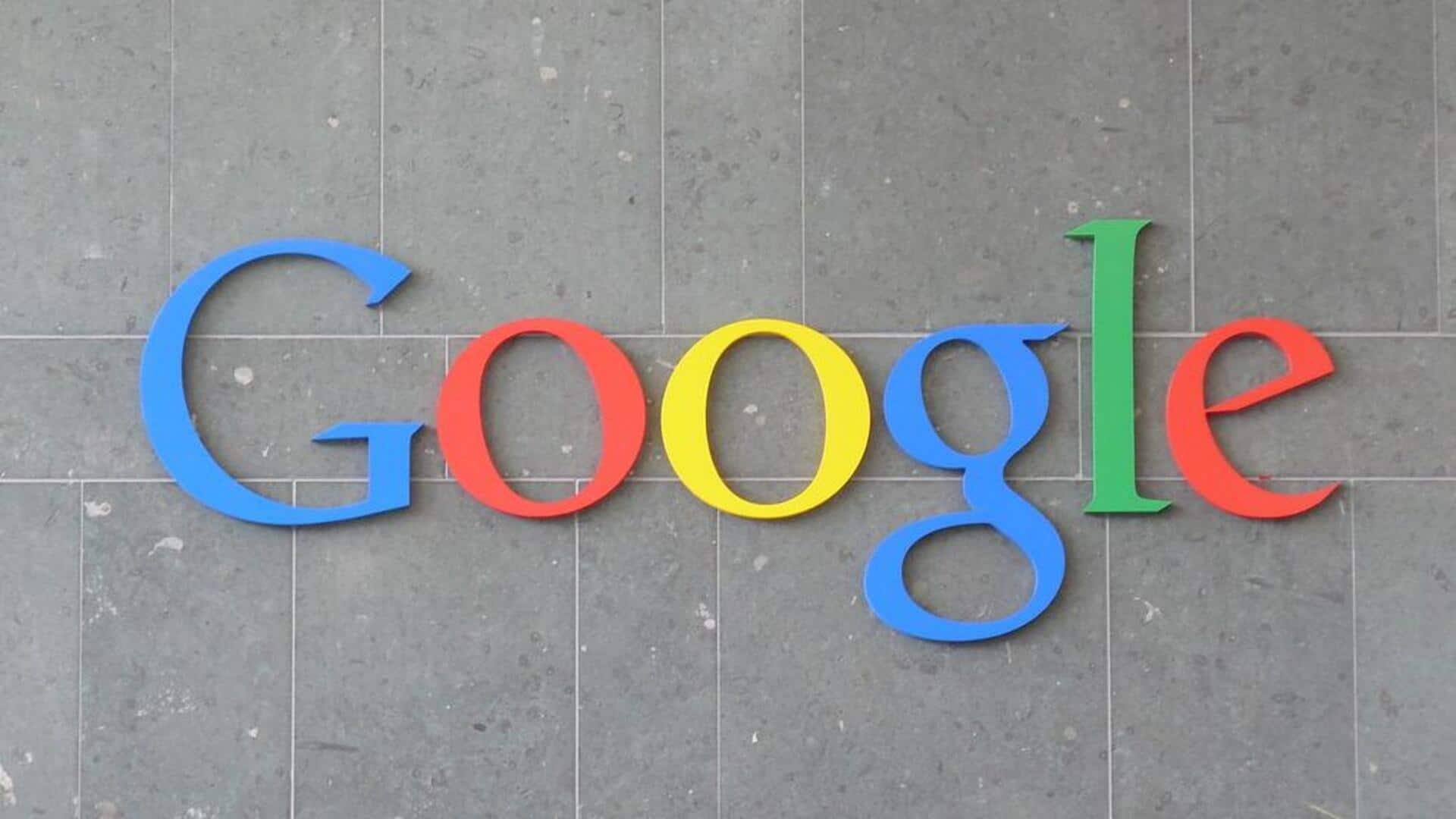
Google's antitrust trial in US: Key takeaways from Day 2
What's the story
During the second day of the antitrust case against Google, the US Department of Justice (DOJ) continued its push to challenge the company's dominance in the search engine market. They focused on Chris Barton, a former Google employee, who testified about his involvement in deals with phone companies in the 2000s. The government claims that Google unfairly favored itself by becoming the default search engine on mobile devices, which they argue has limited competition and innovation.
Details
Negotiating for default status: Google's strategy
Barton, who served at Google from 2004 to 2011, revealed that he prioritized negotiating for Google to become the default search engine on mobile devices during his tenure. In exchange for this privilege, phone service providers and manufacturers were promised a share of revenue generated through user clicks on ads. This strategy, at the heart of the government's antitrust case, aimed to solidify Google's position as the go-to search engine on a wide array of devices.
What Next?
Competition in the race for default status
During his testimony, Barton said Google wasn't the only search engine vying for default status with phone companies. In a 2011 email exchange, Google executives noted that AT&T had chosen Yahoo as its default search engine, while Verizon opted for Microsoft's Bing. "I faced a challenge because mobile carriers became fixed on revenue share percentage," Barton testified. He sought to persuade potential partners that Google's high-quality searches would yield more clicks and consequently more advertising revenue, despite lower percentage.
Insights
Apple's confidentiality protest
In another argument on day two, Apple raised a protest due to concerns about DOJ's disclosure of two numbers in its opening statement. Apple feared that these numbers might create a mistaken impression that they originated from its confidential data, potentially violating trial confidentiality rules. Google also shared concerns that people might think the numbers were from them or Apple DOJ clarified that the numbers were sourced from external, non-confidential information and admitted that mentioning them was an unintentional slip.
What next?
The background story
Currently, Google holds a massive 90% share in the internet search market. The DOJ started its antitrust lawsuit against Google almost three years ago during the Trump administration. They claimed that Google used its dominance in internet search to unfairly benefit itself over competitors. The trial is expected to continue for a period of 10 weeks, with both sides presenting their arguments and evidence to determine whether Google's practices indeed constitute antitrust violations.